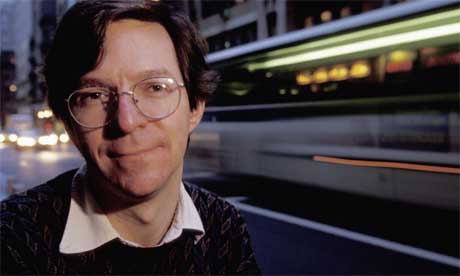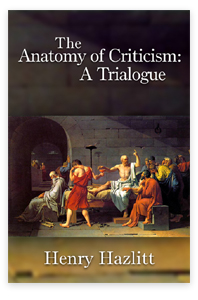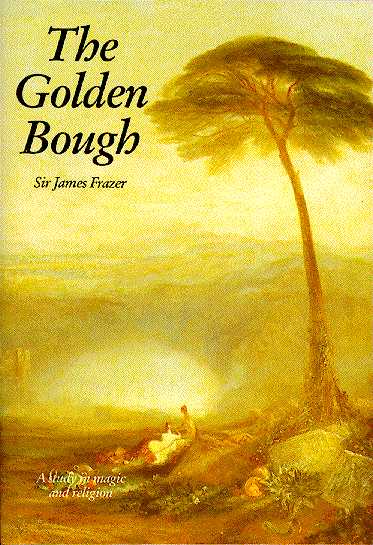
Responding to Russell Perkin:
We seem to be living in an age of sharply diminishing returns when it comes to literary scholarly relevance, let alone “celebrity.” The “public scholar” is a curio now, a quaint holdover from an earlier age — when someone like Frye, for example, could boast of talking over the heads of his peers to the general reading public, and quip that while he believed in scholarly “rigor”, he was always concerned it might become “rigor mortis.”
The turning point seems to have been the mid to late 1990s when the market in academic incoherence was reaching its surreal height, and notoriety took the place of celebrity. First there was the Sokal hoax. Physicist Alan Sokal (above) strung together some poststructuralist gibberish in a paper with the all too familiar sounding title, “Transgressing the Boundaries: Towards a Transformative Hermeneutics of Quantum Gravity”, which was then duly published in the journal Social Text. In announcing the hoax, Sokal said of his fraudulent paper that it was merely “a pastiche of left-wing cant, fawning references, grandiose quotations, and outright nonsense”, which was “structured around the silliest quotations [he] could find about mathematics and physics” made by postmodernist academics.
At about the same time, the journal Philosophy and Literature was holding its annual Bad Academic Writing contest, whose eminent winners included Judith Butler, Homi Bhabha and Frederic Jameson. Here is editor Denis Dutton explaining the purpose of the competition:
The pretentiousness of the worst academic writing betrays it as a kind of intellectual kitsch, analogous to bad art that declares itself “profound” or “moving” not by displaying its own intrinsic value but by borrowing these values from elsewhere. Just as a cigar box is elevated by a Rembrandt painting, or a living room is dignified by sets of finely bound but unread books, so these kitsch theorists mimic the effects of rigor and profundity without actually doing serious intellectual work. Their jargon-laden prose always suggests but never delivers genuine insight. Here is this year’s winning sentence, by Berkeley Prof. Judith Butler, from an article in the journal Diacritics:
“The move from a structuralist account in which capital is understood to structure social relations in relatively homologous ways to a view of hegemony in which power relations are subject to repetition, convergence, and rearticulation brought the question of temporality into the thinking of structure, and marked a shift from a form of Althusserian theory that takes structural totalities as theoretical objects to one in which the insights into the contingent possibility of structure inaugurate a renewed conception of hegemony as bound up with the contingent sites and strategies of the rearticulation of power.”
To ask what this means is to miss the point. This sentence beats readers into submission and instructs them that they are in the presence of a great and deep mind. Actual communication has nothing to do with it.
What seems to underlie this kind of phenomenon is a contempt for the non-specialist reading public, and that contempt has been returned. Whenever you hear the banshees at Fox News howling about an “America-hating liberal elite,” you can be pretty sure the kind of people they have in mind. Universities are now mocked on the right as “islands of repression in a sea of liberty,” which of course is an ugly lie, but it’s a lie with just enough truth in it to gin up the anger on all sides.
In fact, it’s hard not to wonder whether the current sharp rise of demagoguery on the right is the result of the decline of the public scholar. Frye called the university the engine room of society. In what used to be known as the Humanities at least, the engine has been hacked at with crowbars for the last thirty years by self-declared iconoclasts and comfortably tenured revolutionists. It may be that the steadily waning influence of this generation of scholars will have to collapse in on itself completely — the way the old Soviet Union did — before something better can take its place and a scholarship with a wide general audience can re-emerge. Until then, maybe the best we can hope for are quasi-academic polemicists, like Naomi Klein.



